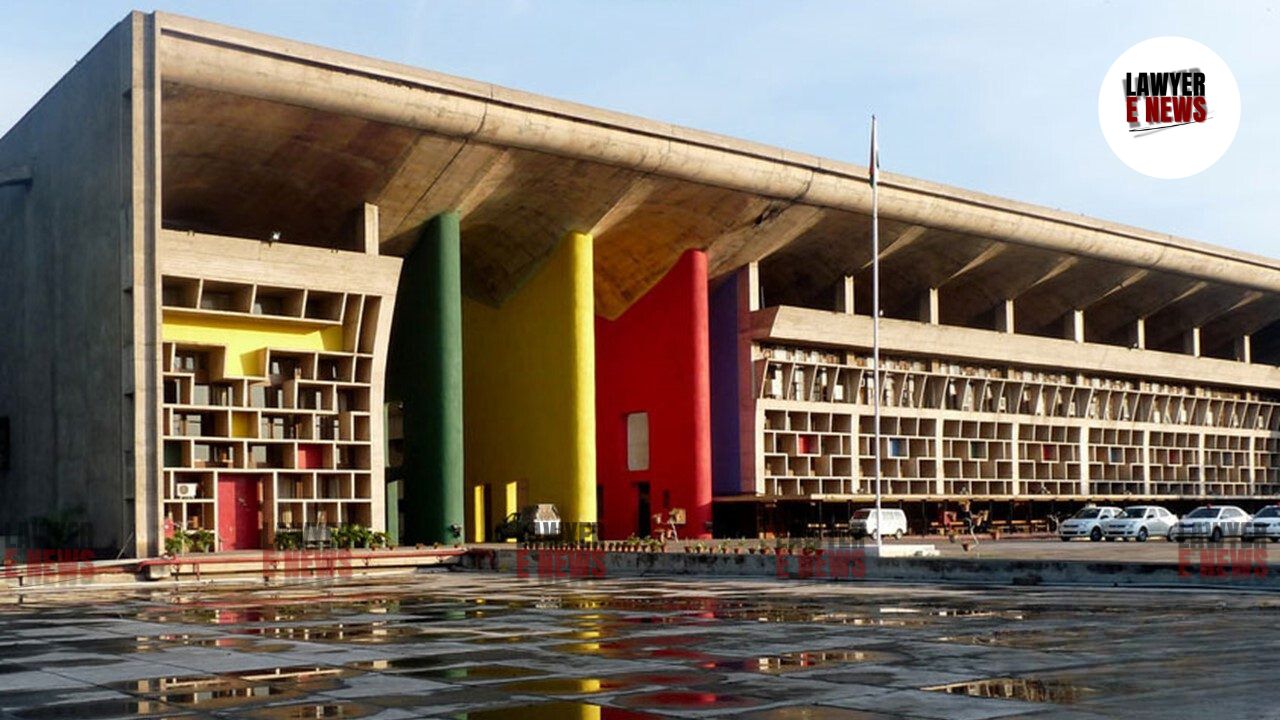-
by Admin
15 February 2026 2:36 AM



In a notable ruling Punjab and Haryana High Court, presided over by Justice Jagmohan Bansal, dismissed petitions challenging a Labour Court decision that barred a second reference under the principle of res judicata. The petitioner, Swarup Parkash, had sought a second review of his employment status and entitlement to minimum wages with the Government Medical College and Hospital, Sector 32, Chandigarh (GMCH). The High Court upheld the Labour Court’s finding that the petitioner’s second reference was not maintainable, as the issue of employment status had already been adjudicated in 2007 and had attained finality.
The petitioner, Swarup Parkash, was initially engaged by GMCH through a contractor and terminated in 1997. In 2000, he challenged his termination, claiming to be a direct employee of GMCH. The Labour Court, in its 2007 decision, found that Parkash had failed to prove his employment with GMCH and dismissed his claim. Parkash did not appeal this ruling, making it final.
In 2015, the Chandigarh Administration directed GMCH to pay differential wages under the Minimum Wages Act to employees hired through contractors, including Parkash. Subsequently, Parkash filed a second reference with the Labour Court, claiming that the differential wage payment implied an employment relationship with GMCH. The Labour Court dismissed the claim, invoking res judicata, and held that payment under the Minimum Wages Act did not imply direct employment with the principal employer.
The High Court reaffirmed that the principle of res judicata, under Section 11 of the Code of Civil Procedure, 1908 (CPC), applies to Labour Court cases, preventing re-litigation of matters that have already been adjudicated.
"The workman cannot re-agitate an issue that has been decided by a competent court and has attained finality," the court noted, emphasizing that res judicata promotes judicial efficiency and prevents endless litigation [Para 24].
The petitioner argued that the payment of differential wages suggested an employment relationship with GMCH. The High Court rejected this argument, clarifying that payments under the Minimum Wages Act are limited to ensuring minimum wage compliance and do not alter the contractual employment status.
"Payment of differential wages under the Minimum Wages Act does not transform a contractor's employee into an employee of the principal employer," the court observed, underscoring that such payments do not imply regularization or establish an employment relationship with GMCH [Para 19].
The court held that the payment of wages under the Minimum Wages Act did not create a new cause of action that would justify a second reference. The original dispute over employment status had been conclusively decided in 2007, and the wage payment did not alter this determination.
"The principle of res judicata is meant to bring finality to litigation. If not applied, parties could continuously reopen settled disputes," the court stated, reiterating that the 2007 decision could not be challenged on the basis of a subsequent wage payment [Paras 16-18].
The Punjab and Haryana High Court dismissed the petitioner’s second reference, affirming the Labour Court’s decision to uphold res judicata. This ruling clarifies that differential wage payments under the Minimum Wages Act do not imply direct employment with the principal employer and reinforces the applicability of res judicata to prevent repetitive litigation in labour disputes.
Date of Decision: October 24, 2024
Swarup Parkash v. Presiding Officer, Labour Industrial Tribunal, Chandigarh, and Others
